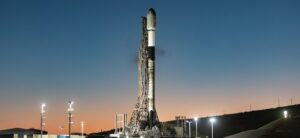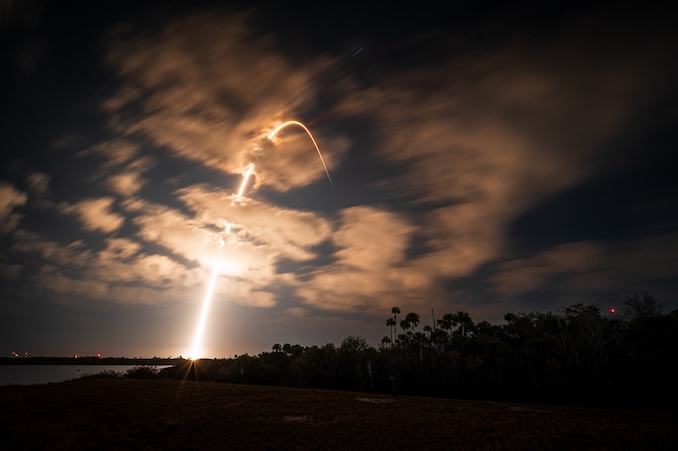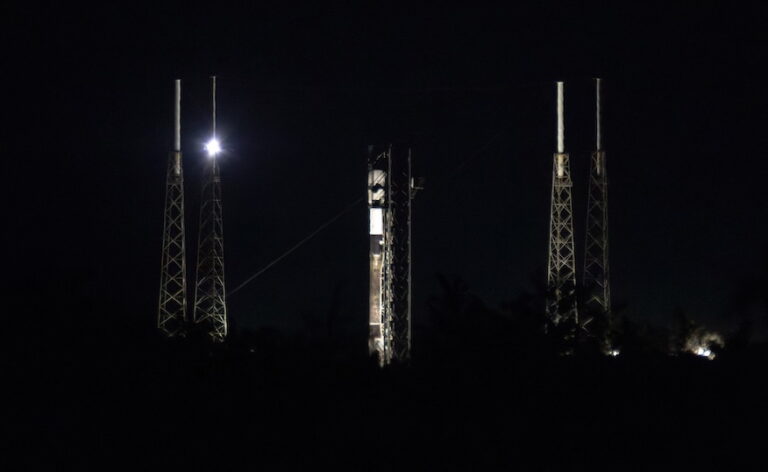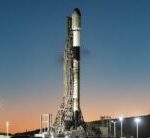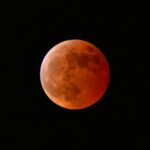Now Reading: Live coverage: SpaceX to launch Falcon 9 rocket on record-breaking 31st flight
-
01
Live coverage: SpaceX to launch Falcon 9 rocket on record-breaking 31st flight
Live coverage: SpaceX to launch Falcon 9 rocket on record-breaking 31st flight
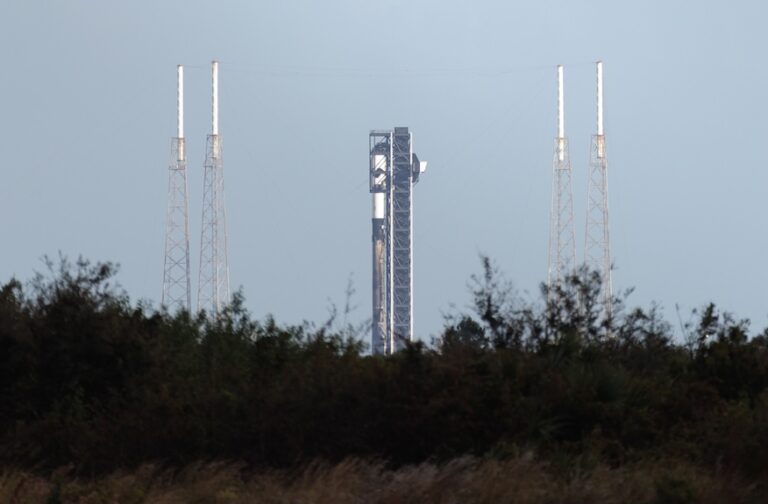
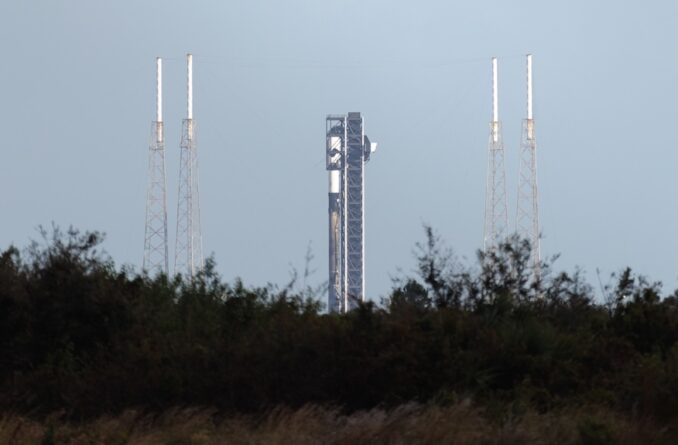
SpaceX is set to break another reuse record on Sunday when it launches a Falcon 9 booster for a record-breaking 31st time.
The company’s most flown rocket will be used to launch the Starlink 10-17 mission from Cape Canaveral Space Force Station. Liftoff from Space Launch Complex 40 is scheduled for 11:49 a.m. EDT (1549 UTC).
Spaceflight Now will have live coverage beginning about an hour prior to liftoff.
The 45th Weather Squadron forecast a greater than 95 percent chance for favorable weather during the launch window. Meteorologists said there were no weather phenomena that they anticipate interfering with the flight.
B1067 is the tail number of the booster setting a new benchmark for SpaceX on this mission. It most recently flew on Aug. 28 on the Starlink 10-11 mission.
Nearly 8.5 minutes after liftoff, SpaceX aims to land B1067 on its drone ship, ‘A Shortfall of Gravitas.’ This will be the 129th booster landing on this vessel and the 520th landing for SpaceX to date.
This is the 30th flight for the Falcon 9 booster supporting today’s @Starlink mission, now launching the most missions of the Falcon fleet pic.twitter.com/2lWpG8N4oY
— SpaceX (@SpaceX) August 28, 2025
SpaceX is working to certify its Falcon boosters for up to 40 launches and landings. The majority of these flagship moment launches feature its own Starlink satellites as the payload.
To illustrate that, the last seven flights of B1067 have all been for the Starlink satellite constellation. The Starlink 10-17 mission will add another 28 such satellites to low Earth orbit.
The last launch that flew from SLC-40, Starlink 10-52, marked a pad turnaround record, according to Kiko Dontchev, SpaceX’s vice president of launch at SpaceX. He said marked a couple of milestones:
- Fastest launch-to-launch from the same American launch pad – 55h 29m 9s
- Fastest transporter erector roll into hangar for booster integration to launch – 12h 5m 20s
“I’m confident the @SpaceX Falcon team will pull off a sub 48 hour launch to launch turn from Pad 40 this year,” Dontchev wrote on X, formerly Twitter. “We still have some work to do best the world record the Soviets in 1962 with Vostok 3 and Vostok 4 from the same pad in 24 hours (two different ground launch systems so not totally apples to apples, but nonetheless the record!)”
Stay Informed With the Latest & Most Important News
Previous Post
Next Post
-
 01Two Black Holes Observed Circling Each Other for the First Time
01Two Black Holes Observed Circling Each Other for the First Time -
 02From Polymerization-Enabled Folding and Assembly to Chemical Evolution: Key Processes for Emergence of Functional Polymers in the Origin of Life
02From Polymerization-Enabled Folding and Assembly to Chemical Evolution: Key Processes for Emergence of Functional Polymers in the Origin of Life -
 03Astronomy 101: From the Sun and Moon to Wormholes and Warp Drive, Key Theories, Discoveries, and Facts about the Universe (The Adams 101 Series)
03Astronomy 101: From the Sun and Moon to Wormholes and Warp Drive, Key Theories, Discoveries, and Facts about the Universe (The Adams 101 Series) -
 04True Anomaly hires former York Space executive as chief operating officer
04True Anomaly hires former York Space executive as chief operating officer -
 05Φsat-2 begins science phase for AI Earth images
05Φsat-2 begins science phase for AI Earth images -
 06Hurricane forecasters are losing 3 key satellites ahead of peak storm season − a meteorologist explains why it matters
06Hurricane forecasters are losing 3 key satellites ahead of peak storm season − a meteorologist explains why it matters -
 07Binary star systems are complex astronomical objects − a new AI approach could pin down their properties quickly
07Binary star systems are complex astronomical objects − a new AI approach could pin down their properties quickly












